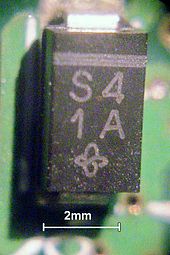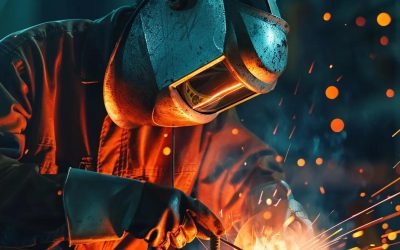The Booming Laser Marking Industry
Growth in the Laser Marking Industry
The laser marking industry has experienced fast growth, expected to grow approximately 25% over the next 5 years. Laser marking enhances quality control and tracking of the equipment manufacturing process. Unique laser markings enable barcode readers to track parts throughout the manufacturing process.
Laser marking is impactful across a wide variety of industries. Creating permanent marks on multiple surfaces through laser etching or engraving is useful in the healthcare and pharmaceuticals, automotive, electronics, machine tools, and packaging sectors.
Practical Applications of Laser Marking
All laser marking processes are an important part of making parts traceable and improving quality control and process enhancement during the manufacturing process of machinery and automobiles. Laser marking machines require a major capital commitment which is influenced by a variety of factors (laser placement, power needs, marking area size, etc.) The high initial cost may impede the expansion of the market, but the benefits to manufacturing are undeniable.
Automotive Specific Applications
In the automotive industry, laser marking of parts is a permanent process that tracks and identifies parts during and after manufacturing. It precisely marks text, logos, or other images with great detail. This level of precision is crucial for the automobile sector. Parts need to be fully traceable for both safety and technical reasons. Laser markings in the automobile manufacturers are unique and forgery-proof. Laser markers are used to immortalize these important codes on almost any material, regardless of whether the components are made from plastic or metal.
Many auto parts and components are made from plastics, light metals, and steel and are marked for traceability and quality control. These markings must be durable and last the car’s or part’s life, even when exposed to high temperatures and fluids such as oil and gas. Thus, laser marking of automotive parts offers lasting marks over time on most materials used in car manufacturing. Furthermore, laser markings are applied easily and quickly, making them a cost-effective solution for mass production. It makes it easier to manage component malfunctions and lowers the possibility of errors.
Additional benefits to the automotive industry are durability, protection against forgery, maximum precision, speed, and high contrast. For automobile manufacturers, laser marking technology is the ideal method for labeling components. Since laser marking is also resistant to thermal stress and exposure to acids, gasoline, oils, and heat, maximum traceability is permanently guaranteed for each component in terms of quality.




